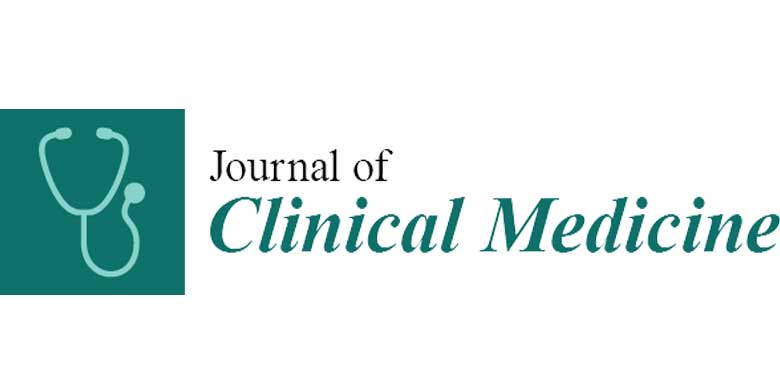
Editor's Note Johns Hopkins researchers have developed a fluorescent hydrogel that may improve outcomes in cataract surgery by aiding in the complete removal of residual gel, reducing complications such as increased eye pressure, pain, and potential vision loss, Medical Xpress reported October 31. Cataract surgery, a frequently performed procedure, involves…

Editor's Note The US Food and Drug Administration (FDA) has updated the labels of all treatments containing GLP-1 receptor agonists with a warning about warning about pulmonary aspiration during general anesthesia or deep sedation. Drugs and brand names listed in a November 8 report on the development from MedPage Today…

Editor's Note Black patients are less likely to receive multimodal analgesia and more likely to be given additional oral opioids compared to white patients, according to research presented at the Anesthesiology 2024 annual meeting. According to an October 20 report on the retrospective study from the American Society of Anesthesiologists,…

Editor's Note Research published in the British Journal of Anaesthesia suggests that switching to a single syringe pump for both induction and maintenance of anesthesia could significantly cut propofol waste in operating rooms. EurekAlert! published the news October 29. Propofol waste accounts for up to 45% of medication waste in…

Editor's Note A new global clinical trial indicates targeting higher blood pressure during non-cardiac surgeries is no better than current standard approach in preventing acute kidney injury, according to a November 5 report from London Health Sciences Centre. With 300 million non-cardiac surgeries performed worldwide every year, risk of kidney…

Editor's Note Cybersecurity threats in healthcare are increasingly driven by third-party vendors, affecting millions of patients and hospital systems globally, experts John Riggi and Richard Staynings emphasized at the HIMSS Healthcare Cybersecurity Forum. Healthcare Finance News reported on the experts’ testimony November 5. According to the article, cyberattacks have surged…

Editor's Note Joint guidance from key US medical associations advises that most patients on GLP-1 weight-loss medications, such as semaglutide (Ozempic, Wegovy) and tirzepatide (Mounjaro), may safely continue these drugs before surgery, HealthDay News reported October 31. Concerns had emerged about potential risks associated with these medications due to their…

Editor's Note Research presented at the American Society of Anesthesiologists (ASA) annual meeting has found that beta-blocker use is associated with an increased risk of postoperative stroke, particularly among Black and Hispanic patients undergoing noncardiac surgeries, Medpage Today reported October 20. According to the article, the retrospective study analyzed the…

Editor's Note Music-based interventions administered preoperatively, intraoperatively, and postoperatively can significantly reduce postoperative opioid use and improve mood in patients undergoing same-day surgeries, according to research published October 15 in the Journal of Clinical Medicine. The single-center, prospective, randomized controlled trial evaluated 75 patients aged 18 to 80 who received…

Editor's Note Poor sleep quality in the month leading up to surgery could increase the risk of postoperative delirium, according to research presented at the Anesthesiology 2024 annual meeting, hosted by the American Society of Anesthesiologists (ASA). An October 15 report in NewsWise has the details. According to the article,…